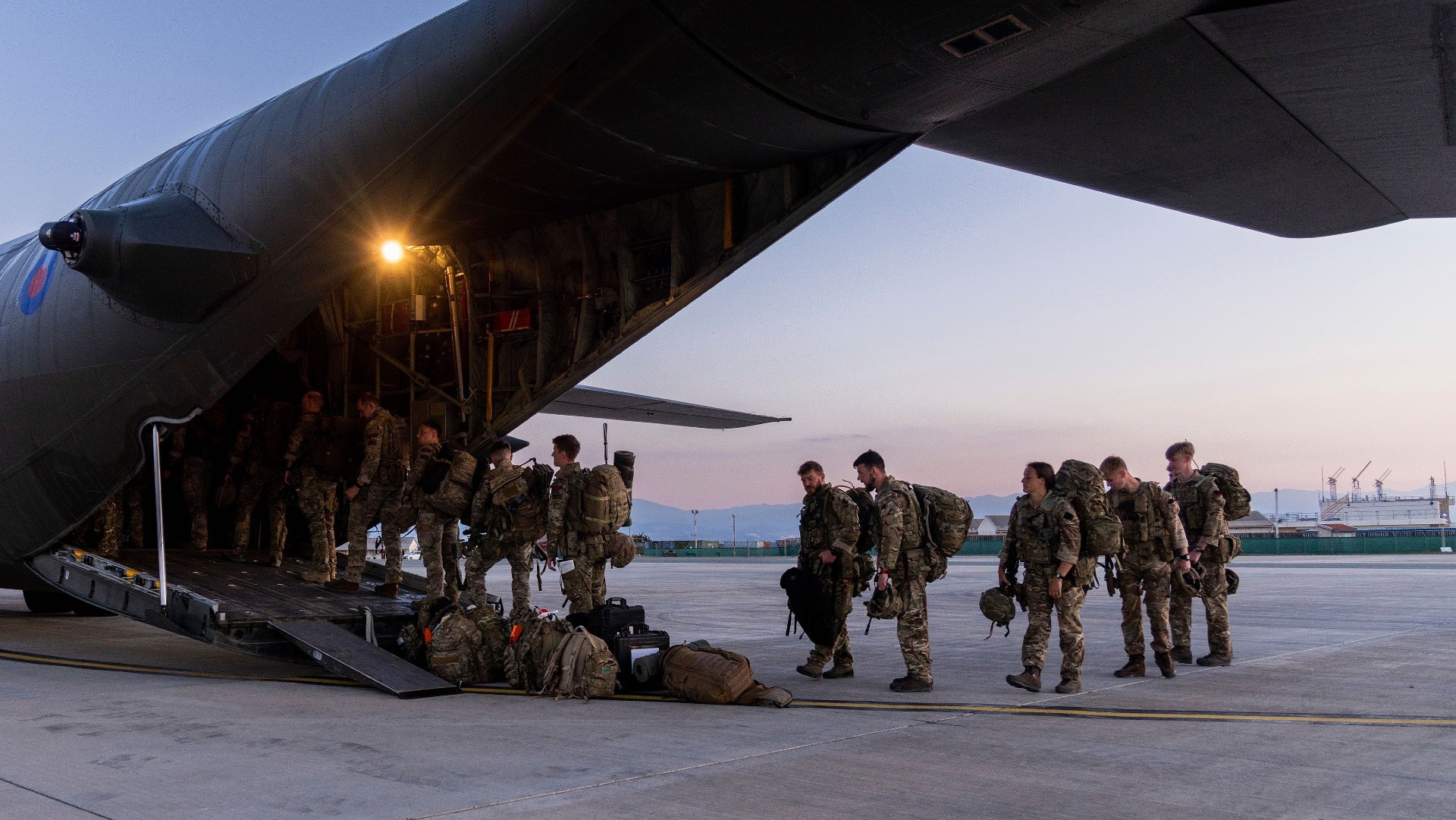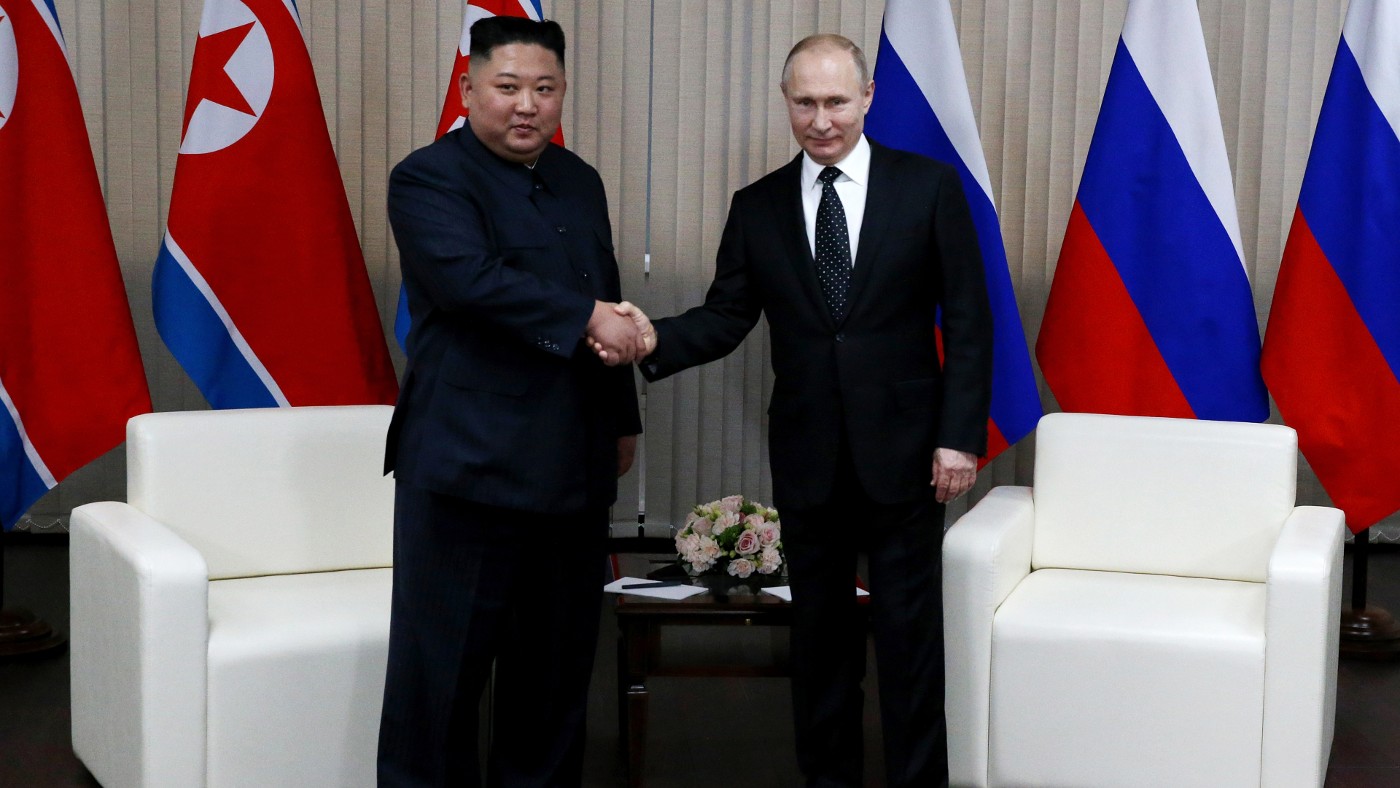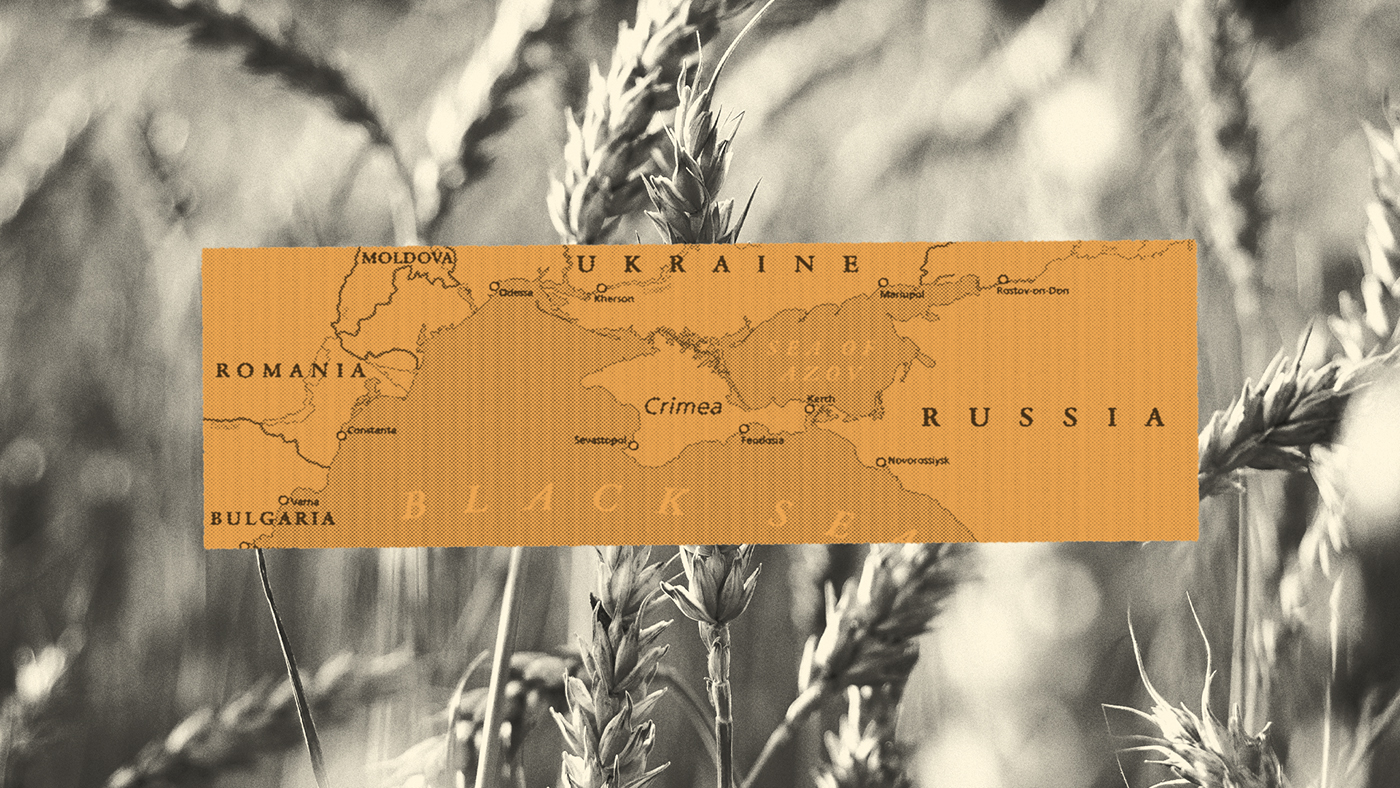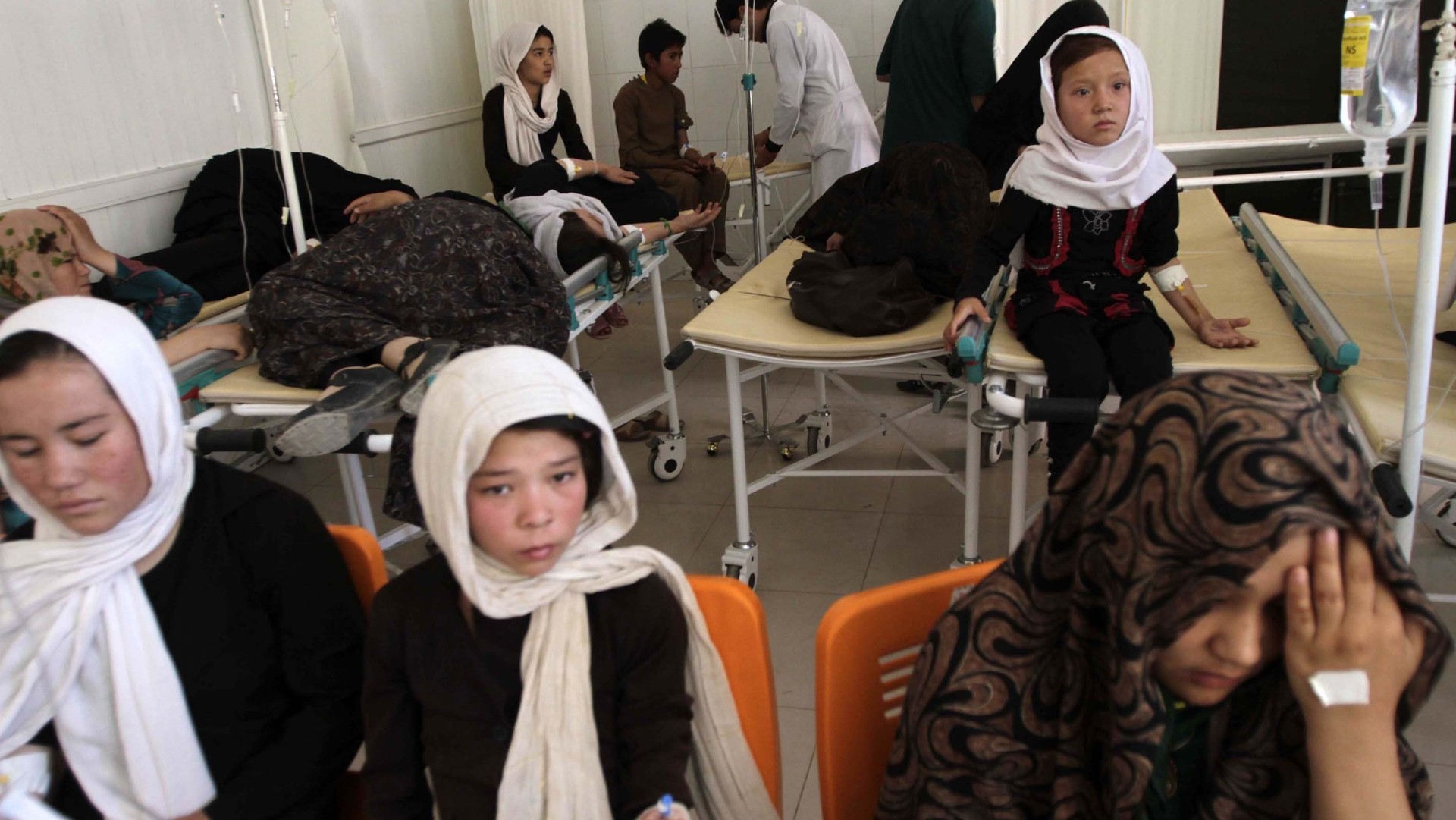Sudan evacuation: has Foreign Office learnt the lessons from Afghanistan?
Failings of chaotic withdrawal from Kabul prompt return of foreign secretary and airlift of Britons from Khartoum

A free daily email with the biggest news stories of the day – and the best features from TheWeek.com
You are now subscribed
Your newsletter sign-up was successful
The Foreign Office has announced the evacuation of British nationals from Sudan after a 72-hour ceasefire was agreed between the warring sides last night.
With fighting in the capital Khartoum, British diplomats and their families were airlifted to safety in Cyprus on Sunday with the help of UK special forces. This led “trapped” British citizens still in Sudan – believed to number between 2,000 and 4,000 – to “hit out at the Foreign Office”, said The Sun. “Hundreds were told to sit tight at home and wait for instructions despite food and water being cut.”
With the fragile ceasefire now in effect, the Foreign Office said flights will be open to those with British passports, with priority given to families with children and/or the elderly or individuals with medical conditions. The first took off this afternoon, although officials added that “British nationals should not make their way to the airfield unless they are called”.
The Week
Escape your echo chamber. Get the facts behind the news, plus analysis from multiple perspectives.

Sign up for The Week's Free Newsletters
From our morning news briefing to a weekly Good News Newsletter, get the best of The Week delivered directly to your inbox.
From our morning news briefing to a weekly Good News Newsletter, get the best of The Week delivered directly to your inbox.
The situation in Sudan has “some alarming parallels” with the withdrawal of Nato forces from Afghanistan in 2021, said The Telegraph in an editorial, “in particular the complaints from UK nationals that they are not getting the same help that others are receiving”.
What did the papers say?
“Pressure had been growing on the government to act,” Politico said, after the removal of embassy staff at the weekend and “as other nations pressed on with their own extractions”.
British ministers have been “challenged repeatedly to explain how other countries had managed to evacuate at least some of their nationals, and whether the UK had wasted a window of opportunity to extract large numbers on Sunday, during a brief lull in the fighting”, added The Guardian.
“Family members of some stranded Brits had complained they felt abandoned,” said Politico, but the Foreign Office “pushed back”, saying there were greater numbers of British nationals needing assistance and it was “simply unsafe to move large numbers of people, including children and the elderly, without a cessation in the fighting”.
A free daily email with the biggest news stories of the day – and the best features from TheWeek.com
The Times said there are “key differences” between the situation in Sudan and the “appalling mismanagement” and “deep failure of leadership” that the Foreign Affairs Select Committee said characterised the British evacuation from Afghanistan 18 months ago.
The departure from Kabul was “the culmination of two decades of western military presence, meaning the UK had troops and infrastructure on the ground” and “access to a secure airport in the centre of Kabul to carry out the airlift”, said the paper.
By contrast, in Sudan “there is no British military presence and the airport in Khartoum has been at the centre of some of the conflict’s heaviest fighting, effectively stranding foreign nationals looking to escape”.
So how is the Foreign Office leadership doing this time round, asked Patrick Cockburn on the i news site. “Once again it was noticeably caught by surprise by the sudden deterioration of the situation. It seldom seems to have the right people in place at the start of an emergency and is slow to mobilise them thereafter,” he wrote.
Above all, though, the Foreign Office has been keen to avoid the perception it is asleep at the wheel. In contrast to those in charge during the crisis in Afghanistan, the current foreign secretary, James Cleverly, was quick to abandon his Pacific tour “to focus on Sudan”.
The UK's ambassador to Sudan, Giles Lever, was on holiday in London over Easter when the crisis started, said the Daily Mail. But he has reportedly been instrumental in helping to broker the ceasefire “thanks to his personal connections to senior figures in both the government and rebel forces”, said Politico.
“We most certainly have learned lessons from Afghanistan, but the position in Sudan is completely different,” said Andrew Mitchell, minister for development and Africa, in the House of Commons yesterday. He reminded MPs there were no British troops on the ground in Sudan, the airport is “entirely out of action” and there are not the same permissions as offered by the Taliban to take people out of the country.
What next?
The big question is whether the ceasefire will hold long enough to complete the evacuation of all those who want to leave.
“Maybe not,” judged Politico, noting attempts at ceasefires have been made “four or five times in recent days” and during one extraction, a French citizen was shot when violence flared up again.
At least the “fragile truce” is holding for now, said the BBC, which reported the first RAF transport plane had landed at an airfield north of Khartoum just after 10am local time today.
The Ministry of Defence has said the airlift operation would involve A400M Atlas planes, with a passenger capacity of up to 200, and a C130 Hercules, with a capacity of about 120. “Any airlift would be limited by the size of the airfield, which the UK said on Monday could carry only two Atlas-size planes at a time,” said the Guardian. “It is likely to be shared with countries other than the UK while the ceasefire agreed holds.”
Politico said it “was unclear what would happen if the ceasefire fails to hold”, or if “significant numbers of non-British citizens attempt to rush the airfield”.
But, perhaps learning the greatest lesson from the Afghanistan debacle – which provided the defining images of Western unpreparedness and ineptitude – the news site reported that those working on the evacuation “were keen to avoid a scenario in which people panicked and ran for the planes”.
-
 ‘Restaurateurs have become millionaires’
‘Restaurateurs have become millionaires’Instant Opinion Opinion, comment and editorials of the day
-
 Earth is rapidly approaching a ‘hothouse’ trajectory of warming
Earth is rapidly approaching a ‘hothouse’ trajectory of warmingThe explainer It may become impossible to fix
-
 Health insurance: Premiums soar as ACA subsidies end
Health insurance: Premiums soar as ACA subsidies endFeature 1.4 million people have dropped coverage
-
 Would North Korean weapons tilt the war Russia’s way?
Would North Korean weapons tilt the war Russia’s way?Today's Big Question Putin wants to boost ‘depleted stocks’ but Pyongyang’s arms may be in poor condition
-
 What went wrong with the German economy?
What went wrong with the German economy?Today's Big Question ‘Deep-rooted’ and ‘knotty’ problems threaten return of ‘sick man’ label
-
 Why are so many local councils on the brink of bankruptcy?
Why are so many local councils on the brink of bankruptcy?Today's Big Question Inflation, underfunding and growing demand for services has put pressure on local authorities at the worst time
-
 UFO hearing: why is Washington suddenly embracing aliens?
UFO hearing: why is Washington suddenly embracing aliens?Today's Big Question Speculation of extraterrestrial life has moved from ‘conspiracy fringe’ to Congress
-
 Can the Ukraine-Russia Black Sea grain deal be rescued?
Can the Ukraine-Russia Black Sea grain deal be rescued?Today's Big Question The Kremlin’s termination of agreement has sparked fears among food-insecure countries
-
 Where is China’s missing foreign minister Qin Gang?
Where is China’s missing foreign minister Qin Gang?Today's Big Question Three-week absence coincides with rumours of an affair with Hong Kong TV presenter Fu Xiaotian
-
 What happened to the missing Titanic sub?
What happened to the missing Titanic sub?Today's Big Question Oxygen supplies running out after vessel lost contact during ‘daredevil’ trip
-
 ‘We should be scared’: the poisoning of schoolgirls in Afghanistan
‘We should be scared’: the poisoning of schoolgirls in Afghanistanfeature Children hospitalised in allegedly deliberate mass attacks is latest in series of incidents going back decades